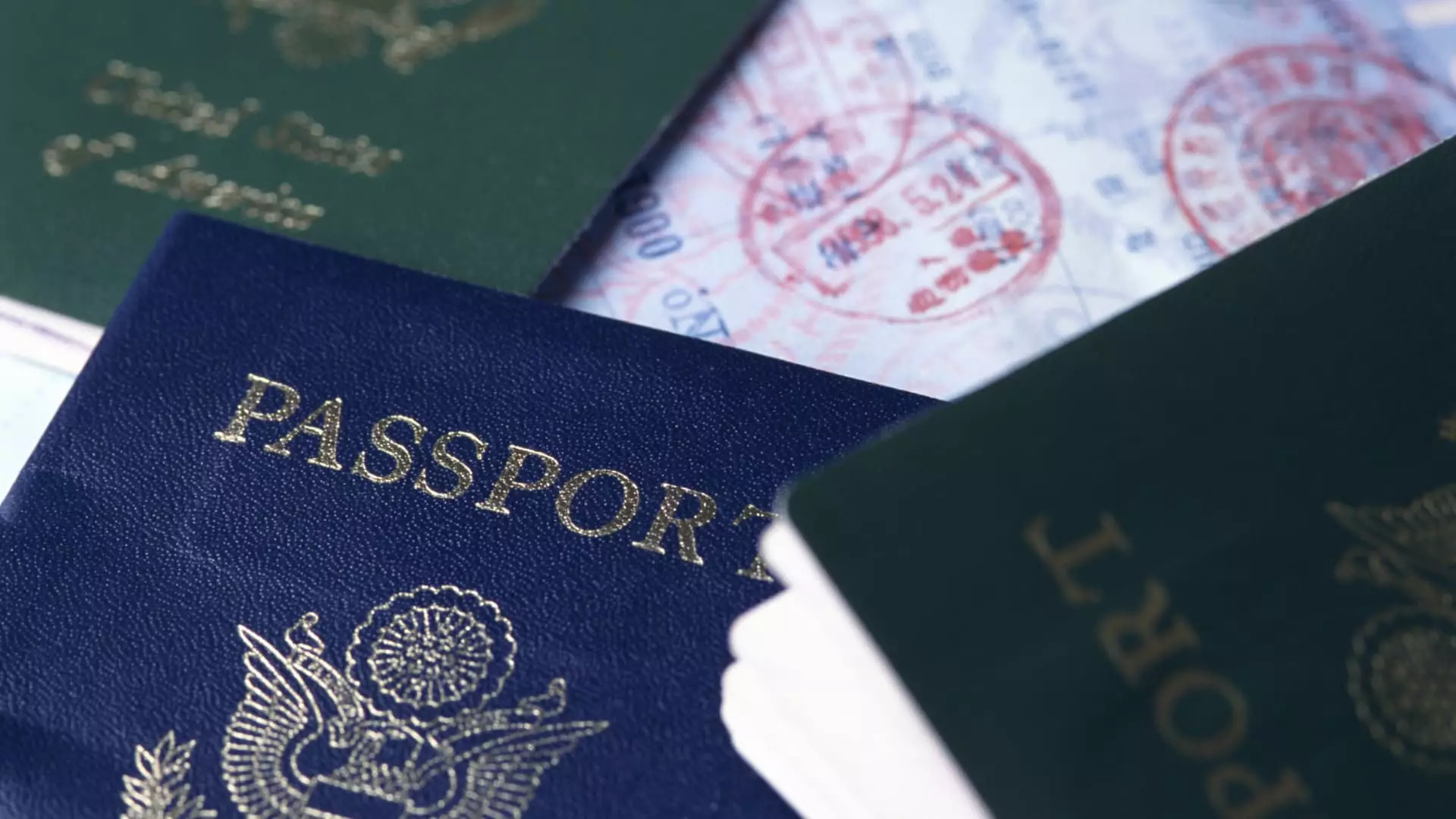Singapore’s reign as the world’s strongest passport signals an impressive strategic achievement that transcends mere travel convenience. It embodies the nation’s robust diplomatic network, meticulous foreign relations, and a reputation for stability and security. With access to 193 countries without a visa, Singaporeans enjoy a level of freedom that is increasingly rare in today’s complex international landscape. This ranking isn’t just a number; it’s a testament to Singapore’s global influence and the effectiveness of its foreign policy, economic stability, and reputation management.
What makes Singapore’s passport strength particularly remarkable is its position amidst fierce competition from traditional powerhouses like Japan, Germany, and France. Despite being a small city-state, Singapore punches above its weight, leveraging its strategic geographic location, diversified economy, and consistent diplomatic engagement to maintain its top position. This status isn’t accidental—it is the result of deliberate, long-term strategies grounded in diplomacy, innovation, and fostering global partnerships. The Singaporean government’s focus on building a resilient and open international profile pays dividends that extend beyond mere travel convenience.
The Significance of Visa-Free Travel in a Globalized World
Visa-free travel is more than a luxury; it is a vital component of diplomacy, economic connectivity, and cultural exchange. For countries like Singapore, holding the top spot on the index enhances their appeal as global hubs for finance, technology, and commerce. It facilitates business operations, tourism, and the movement of professionals, reinforcing Singapore’s reputation as a global nexus and a gateway to Asia-Pacific.
The power of a strong passport signifies a country’s diplomatic clout and economic stability, but it also reflects the trust other nations place in its governance. Singapore’s high ranking gives its citizens unparalleled global mobility, enhancing the nation’s soft power—an intangible but potent tool in geopolitics. Conversely, the decline of previously dominant passports like those of the United States and the United Kingdom signals a shift; it highlights that the world’s perception of these nations’ stability, diplomatic relations, and policies is changing, for better or worse.
Decoding the Broader Political and Economic Implications
The steady decline of the U.S. and U.K. passports over the years is far from trivial. It underscores a broader trend where geopolitical shifts, policy changes, and international relations influence travel freedom. Rising nationalism, visa restrictions, and diplomatic tensions have translated into decreased visa-free access, thereby diminishing these countries’ soft power. The U.S. slipping from 9th to 10th place hints at a potential reevaluation of its global standing in terms of diplomatic influence.
Meanwhile, countries like the United Arab Emirates and China have made extraordinary gains in the past decade, elevating their global profile dramatically. The UAE’s 34-place jump into the top 10 exemplifies how strategic diplomatic relationships and economic reforms can rapidly transform a country’s global standing. Similarly, China’s rise highlights an assertive diplomacy that seeks to carve pathways for its citizens and corporations in an increasingly interconnected world, despite restrictions in specific regions like Europe’s Schengen Area.
This evolution in passport rankings signals more than just travel convenience—it foreshadows shifting geopolitical power, changing alliances, and the emerging importance of economic resilience over traditional military might. Countries that foster stability, invest in diplomatic relations, and position themselves as open and secure nations will continue to command the soft power that translates into travel freedom and global influence.
Beyond Borders: A Reflection of Global Realities
The passport rankings serve as a mirror to the complex fabric of international relations. Singapore’s top position underscores its resilience amid global uncertainties, while the decline of Western powers raises questions about their diplomatic strategies and internal stability. It is a reminder that in the 21st century, soft power is as vital—if not more—than hard power.
In an increasingly polarized world, having a powerful passport grants citizens unprecedented opportunities but also places an unspoken responsibility on governments to maintain that privilege through sound policies and diplomatic acumen. For Singapore, this means continuing to cultivate a balanced, forward-looking approach to foreign relations that not only preserves but enhances its global standing.
The rising prominence of Asian economies in the passport rankings also highlights a tectonic shift. Countries like India, with significant increases, demonstrate that even emerging economies can leverage diplomatic efforts and strategic reforms to enhance their global mobility. Nonetheless, the fact remains that the passport is both a tool and a symbol—a reflection of where a country stands in the global hierarchy.
The future of the passport index hinges on whether countries will prioritize diplomacy, stability, and innovation or fall prey to internal challenges. As Singapore leads, it sets a powerful precedent: strategic diplomacy and resilient governance are the true drivers behind national power in a hyper-connected world.

